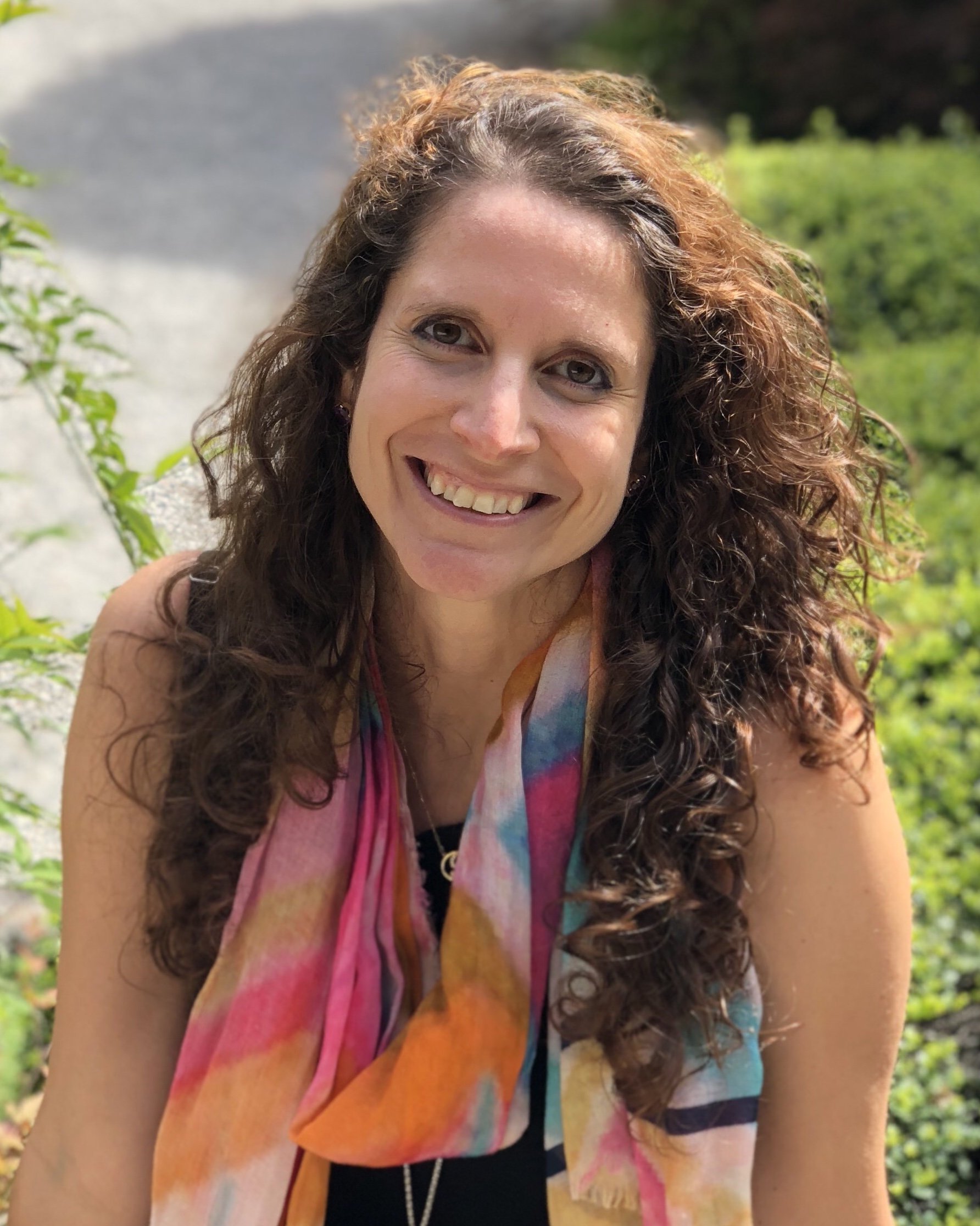
Because the mind of the heritage language learner is closer to a native speaker than that of the foreign learner, the field of Cognitive Linguistics provides an interesting theoretical framework for the teaching of both grammar and vocabulary in Spanish for academic purposes. Within this framework, language is understood as a builder of meaning that stems from interaction with the world and draws from the sensorimotor experience of all speakers. This point of view affords remarkable potential in language teaching from a heritage perspective. In this workshop we will explore what Cognitive Linguistics is and how it can impact the teaching of Spanish in formal settings through the grammar of space, the linguistic system that lives in the mind, and how our embodied language can be learned and understood. Methodological approaches to cognitive language instruction will be discussed and applied through examples and discussion.
Dr Reyes Llopis-García is a Senior Lecturer and researcher at the Department of Latin American and Iberian Cultures at Columbia University and her major areas of research are Second Language Acquisition and Cognitive Linguistics.


